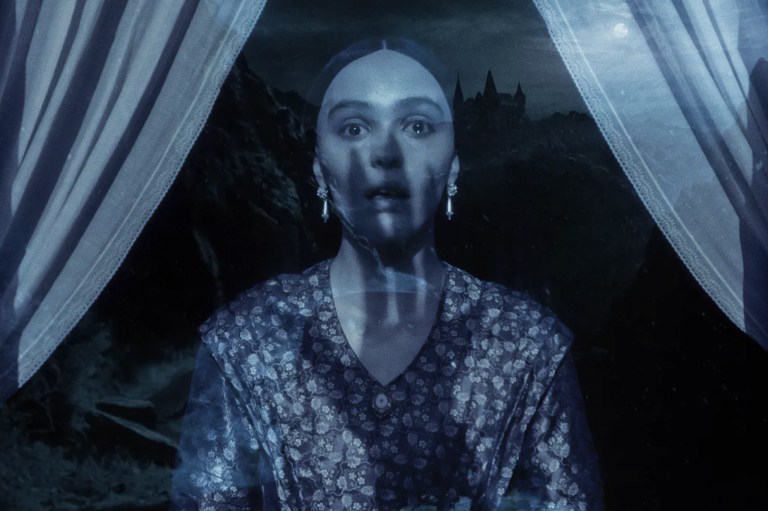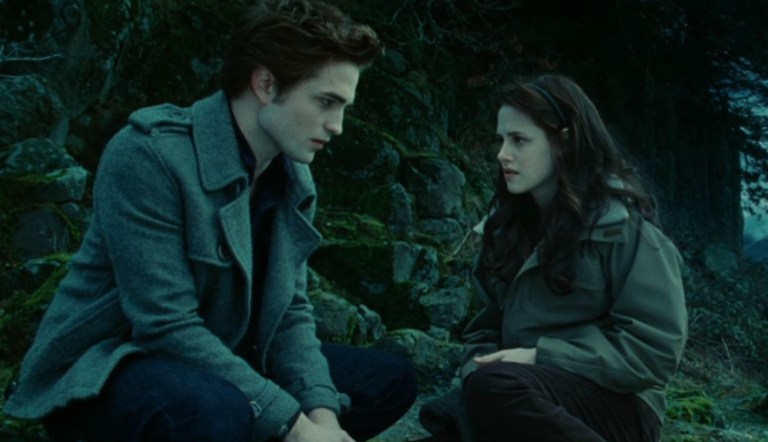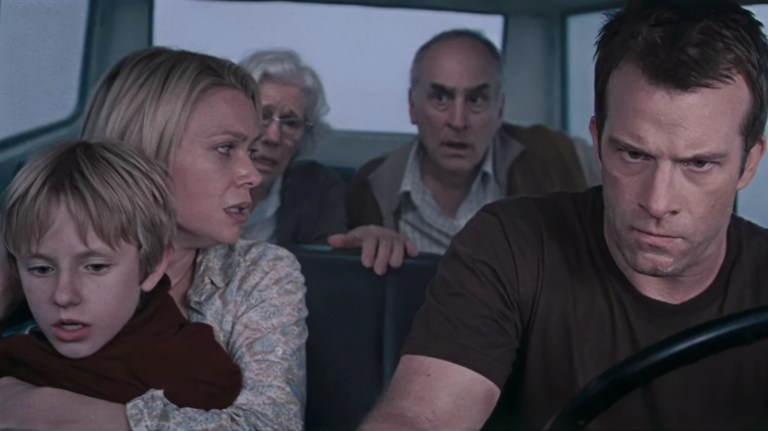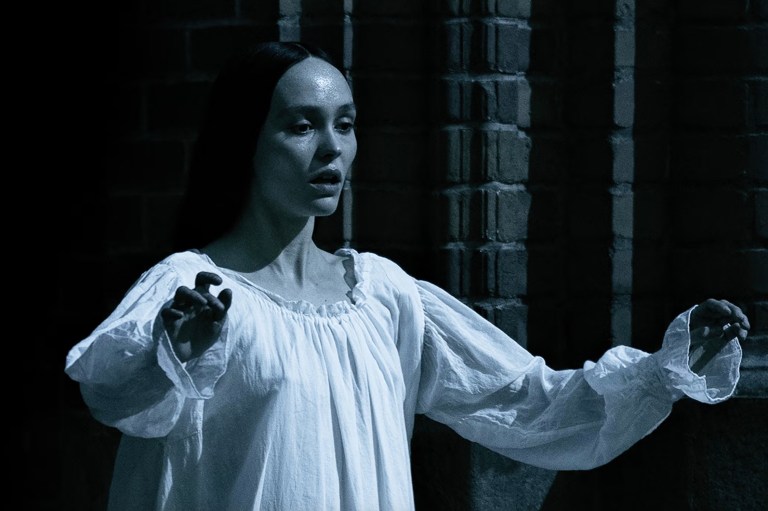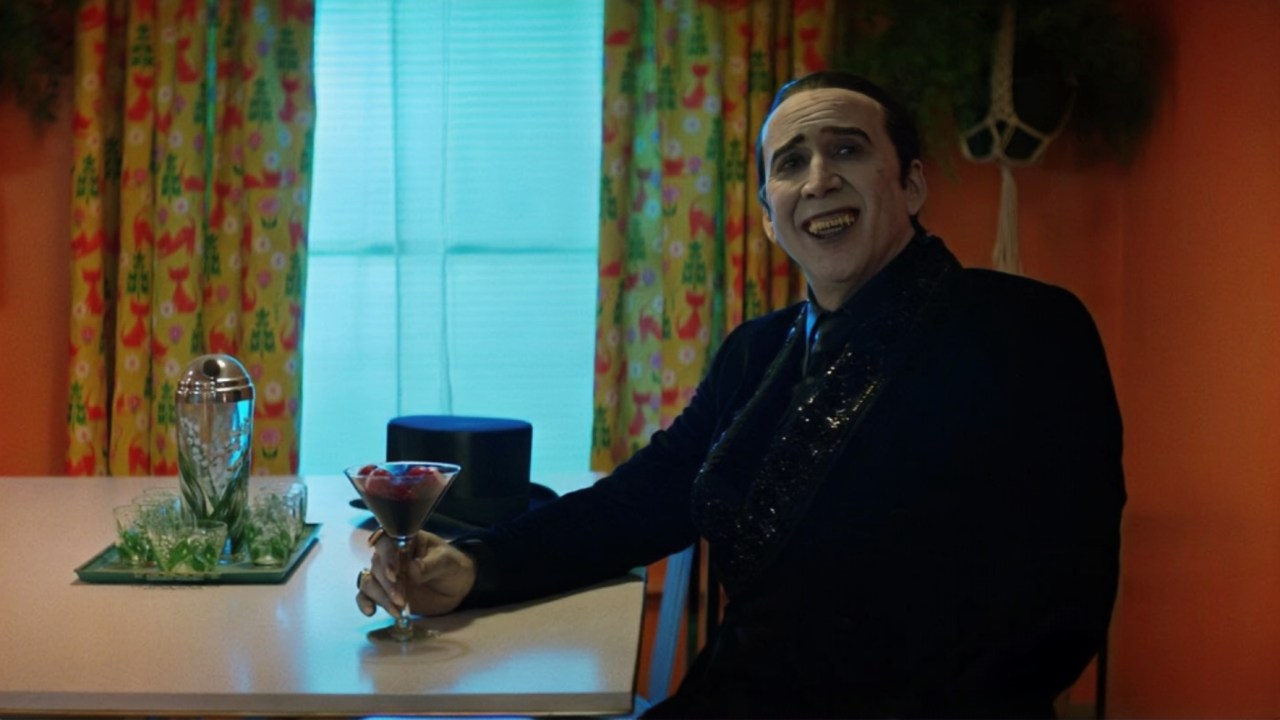
5 Modern ‘Dracula’ Movies That Finally Prove He’s Not Your Grandpa’s Vampire
These five movies reinvent the legendary Count, proving that modern Dracula is a monster for a new generation.
By ![]() Mishal Zafar
Mishal Zafar
Gone are the days of theatrical capes and aristocratic menace.
Dracula’s had a serious makeover lately. Gone are the days of Bela Lugosi’s theatrical cape-swishing and Christopher Lee’s aristocratic menace. Today’s Count is getting treatments that would make Bram Stoker roll over in his grave. We’re talking space vampires, psychological abuse metaphors, and enough gore to make even seasoned horror fans squirm. Here are five films that prove that modern filmmakers aren’t content to let sleeping vampires lie.
Renfield (2023)

Nicolas Cage playing Dracula sounds like someone’s fever dream. But somehow, it works better than it has any right to. The real genius here is flipping the entire premise — instead of another Dracula origin story, we get the world’s first vampire workplace comedy. Nicholas Hoult’s Renfield has basically been stuck in the worst job imaginable for over a century, complete with a boss who literally feeds off people and has zero boundaries.
The movie gets pretty dark when you think about it. All those classic Dracula films where Renfield seems weirdly devoted? Turns out that’s textbook abuse victim behavior. Cage plays the Count like every toxic manager you’ve ever had, just with supernatural powers and a taste for human blood. Between the laughs and the extremely messy fight scenes, there’s actually some real insight into how manipulation works.
It’s not perfect — some jokes fall flat and the plot gets messy toward the end. But watching Renfield finally stand up to his centuries-old abuser feels different than your typical monster movie climax.
Dracula Untold (2014)
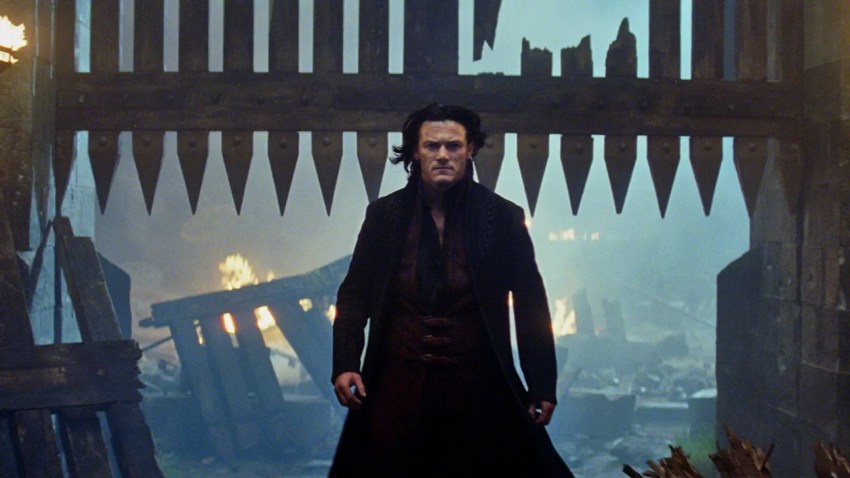
Dracula, a good guy? That’s the premise driving this action-heavy origin story starring Luke Evans as Prince Vlad, who makes a deal with supernatural forces to protect his kingdom from Ottoman invaders. The movie completely ditches traditional vampire horror in favor of superhero-style action sequences and moral complexity.
Luke Evans’ conviction to the role sells you on the idea that becoming a monster might be worth it to save your family and people. Vlad can turn into swarms of bats, has superhuman strength, and can single-handedly destroy entire armies.
Dracula: A Love Tale (2025)
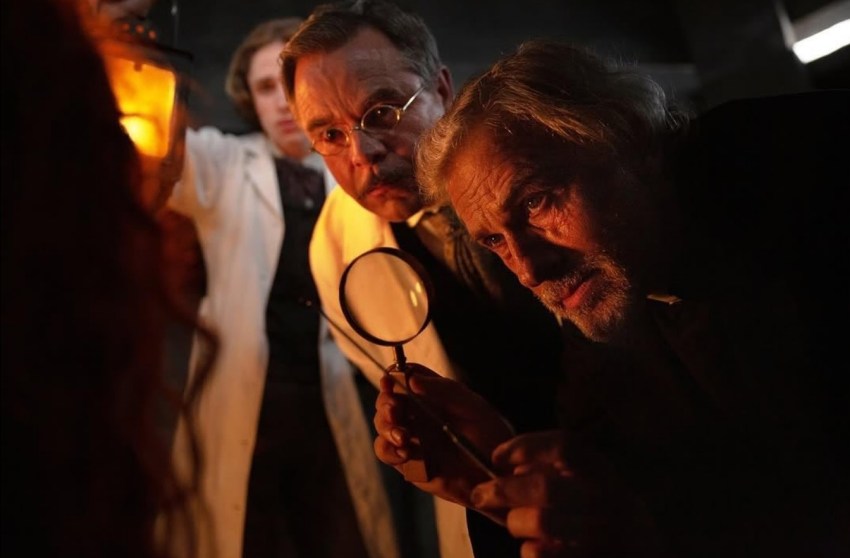
So here’s a weird concept: what if Dracula wanted to stop being evil? That’s basically the whole movie right there. Caleb Landry Jones plays the titular vampire in this Luc Besson adaptation, and if you know Jones from his weirder roles, seeing him try to be the tragic romantic lead feels almost surreal.
The story follows Prince Vladimir (Jones), who “denied God after the brutal and cruel loss of his wife” and becomes cursed with eternal life. Watching Dracula have an identity crisis shouldn’t be as compelling as it is. The guy’s immortal but lonely as hell, wanting to connect with people while knowing he’s a walking death sentence. Jones delivers those moments where you can see Dracula fighting his own instincts, and honestly, it’s pretty heartbreaking.
Don’t expect blood-soaked action sequences here. Jones’s performance carries the entire film through quiet moments of introspection and moral wrestling. You either buy into his internal struggle or you don’t—there’s not much middle ground. The casting feels inspired, though. After playing memorable villains, watching Jones try to convince both himself and the audience that redemption might be possible creates an unexpectedly compelling dynamic.
The Last Voyage of the Demeter (2023)
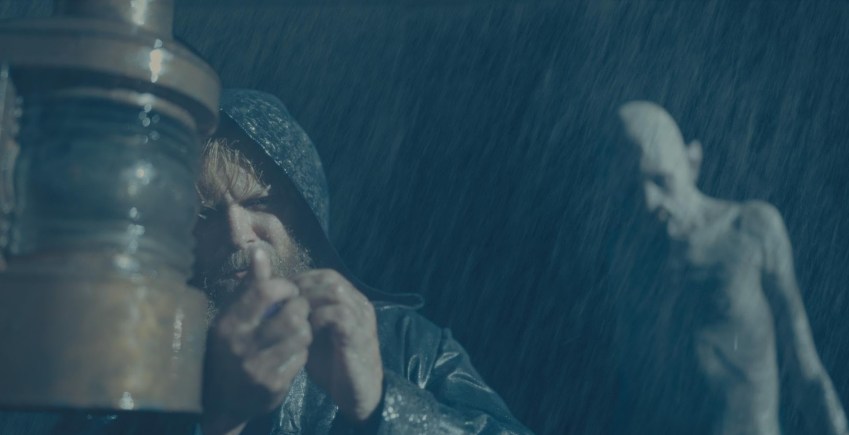
Finally, a Dracula movie that remembers vampires are supposed to be scary. The filmmakers took one chapter from Stoker’s original novel — the part about Dracula’s sea voyage to England — and stretched it into a full maritime horror experience. This version of Dracula is pure predator. No charm, no seduction, no complex motivations. Just an apex hunter trapped on a ship with his prey, picking them off one by one. The ocean setting makes everything worse because there’s absolutely nowhere to run. Every creaking timber and shadow becomes a potential threat.
Everything looks and feels real in a way that makes the vampire stuff even creepier. No fancy Hollywood polish here — the ship looks genuinely grimy and claustrophobic. You start feeling trapped right along with the crew. The whole thing works because it’s basically asking one simple question: how would you handle being stuck somewhere with something that wants to eat you?
Dracula 3000 (2004)
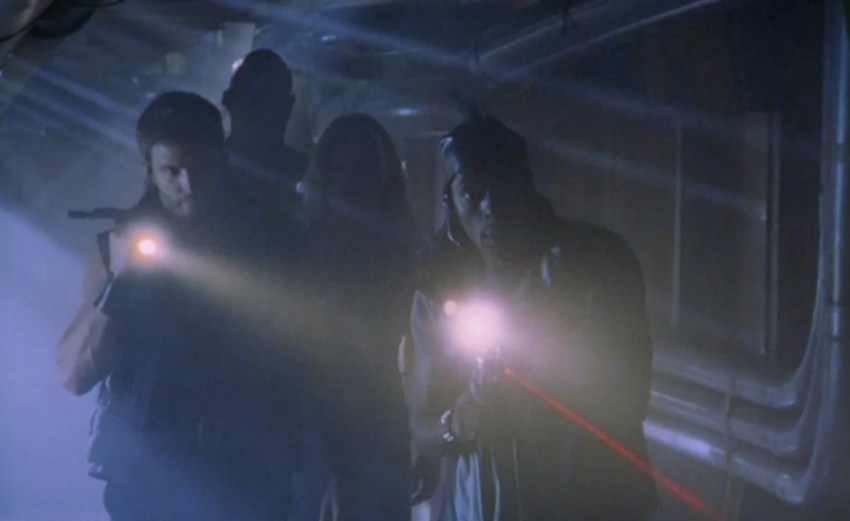
Dracula. In space. That’s literally the entire pitch. The budget was clearly nonexistent, the special effects look like early PlayStation graphics, and the acting ranges from wooden to completely unhinged. But here’s the thing — it’s oddly memorable.
Someone looked at the entire vampire mythology and decided to throw it into a sci-fi blender. Holy water becomes high-tech weaponry, Gothic castles become haunted spaceships, and somehow it all hangs together through sheer audacity. The movie fails by most conventional standards, but it succeeds at being completely unique.
B-movies like this remind you that creativity matters more than production values. When everything else about vampire movies has been done to death, sometimes you need to literally shoot your monster into space to find something new to say.
